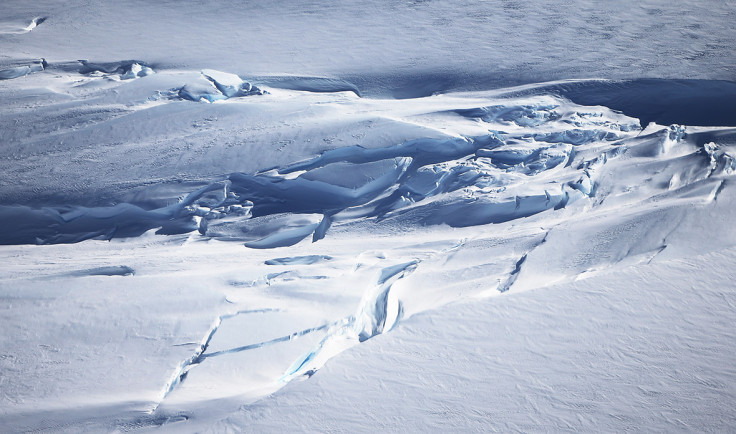How bird poop slows down warming in the Arctic
Bird droppings promote cloud formation that helps modulate temperatures in the Arctic polar region.

Bird droppings may help to modulate temperatures in the Arctic and stop the region from warming up too fast by promoting the formation of clouds, scientists have discovered. Seabirds excrement, known as guano, can indeed emit ammonia particles upon which water vapour condenses into clouds.
The Arctic – the world's northernmost polar region – is one of the most vulnerable regions of the globe to climate change. As the planet warms, some of the planet's ecosystem are pushed past breaking points.
How do clouds form?
Clouds are composed of tiny drops of water that settle on particles in the atmosphere.
When warm air raises, the water vapour it contains can condense onto tiny particle that are floating in the air, forming a tiny droplet around each of these particles.
When multiple droplets come together they become a visible cloud.
In the Arctic, the effects of climate change are predicted to have the biggest impact, with large amounts of sea-ice melting every year and some glaciers loosing hundred of metres of ice in just seven years.
Everything that can lower temperatures in the Arctic is thus interesting for scientists, and in a new study published in the journal Nature Communications, they have described how some cooling down mechanisms may come from unexpected sources – such as seabird poop.
Particles near bird colonies
Combining observations of seabirds near the Arctic with computer simulations, the study authors have identified bursts of atmospheric particles associated with ammonia emissions from guano during the summer.
Many migratory Arctic seabird colonies are present at this time of the year close to the Arctic polar region. Although the study shows ammonia emissions appear to be concentrated near where the colonies are located, the particles linked to these emissions subsequently spread throughout the Arctic.
Water vapour in the air condenses around the particles, encouraging cloud formation. Clouds have a key role in modulating surface temperature, and can induce a minor cooling. Thus, the scientists conclude that cloud formation promoted by bird droppings may have a minor cooling effect over the Arctic. However, this cooling is not strong enough to entirely prevent the negative consequences of climate change.
© Copyright IBTimes 2025. All rights reserved.






















